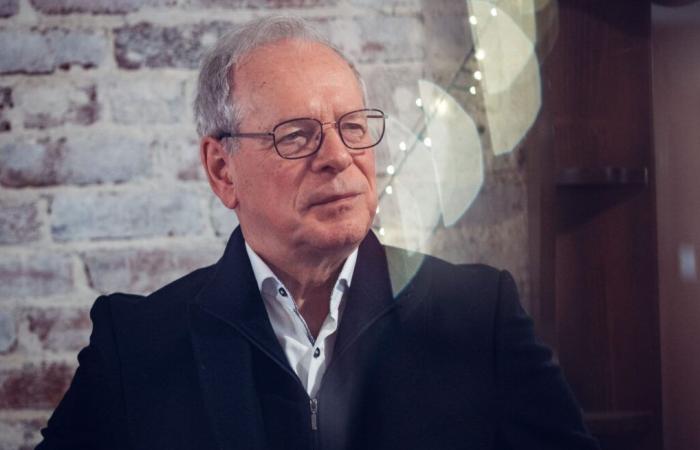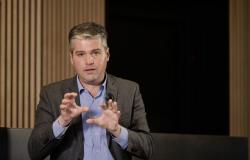
Fifteen years later Factor C. The future passes through culture (La Presse/Voix Parallels), Simon Brault, senior arts manager, has returned to writing. He returns with What if Art could change the world? For what ? Because “all the issues surrounding Indigenous people, diversity, artificial intelligence, even digital platforms” are new in the cultural setting, he indicates in an interview.
For Simon Brault, today we must “demonstrate that the way in which the cultural sector currently operates is totally contrary to all the principles of sustainable development, to all the conventions that Quebec and Canada signed in this level,” he chants.
“I think we need to examine both the subsidy budgets – which must be increased –, the distribution of subsidies – because the way in which the subsidies trickle down is clearly unsatisfactory – and the question of the social safety net . »
The former director of the Canada Council for the Arts (2014-2023), former president of Culture Montréal (2002-2014) and former director of the National Theater School (1992-1997) “had sufficient experience , of privileges in being able to accumulate this experience, to try to communicate ideas” in the face of the battles to be fought.
“I don’t find that there are that many doing this work. I said to myself: ‘I’m going to do it'”, which he accomplishes with this book where he is addressed “a lot to students of art or cultural management, to people in the cultural sector and, obviously to people who take decisions”.
It is in the charged language of the latter that he chose to write. “I fluctuated a bit between different languages,” he admits, “but we agree, I wasn’t writing poetry or fiction, that’s clear. »
“We are, I think, in a trough” for the arts. “And I think that if we limit the conversation only to saying “we need 20 million more in Quebec” or “2 million more in Montreal”, we are wrong. That won’t solve the problem. »
Guaranteed income for artists
There were serious problems before the pandemic, analyzes Simon Brault. The health crisis will have enabled real progress for the environment.
The most important? The Canadian Emergency Response Benefit (CERB). “For the first time, artists were considered like any other workers in society and benefited from a social safety net. »
What happened, moreover, to the political conversations with the Trudeau government on a possible guaranteed income for artists?
In Parliament and the Senate, post-pandemic, a committee studied this possibility. “We have the PCU management system, we know who an artist is. We know that it is feasible,” says Simon Brault.
But two things happened, he explains. Politically, the momentum has faded. “And I would say that the sector itself, apart from the Artists’ Union, has focused much more on the survival of institutions and less on the survival of artists. »
“We are in a terrible situation here. Many artists hope to have subsidies to pay for their groceries, when they should be used to create and carry out projects. »
“And many grants given are so reduced that it is a direct encouragement to the self-exploitation of artists,” specifies the man who led the overhaul of the Canada Council for the Arts in 2017, and consequently designed the operation of federal grant programs current.
One common vision
According to Simon Brault, “we are heading towards a federal election which risks being once again catastrophic. Quebec has the capacity to influence that. This is the only place where the question of culture has a potential impact at the electoral level.”
“I think it’s time, in Quebec, to have a much broader coalition. The level of demands is not sufficiently ambitious. »
No party will be able to resolve these problems, he believes. “It’s not the decision-makers who are really going to change things, unless there is enough pressure. This is too important to leave in the hands of a savior. There will be no savior. »
Wouldn’t solutions emerge from artistic circles themselves if we funded them so that they could do more than survive?
“Money is good. But there is always a fraction that will do more of the same thing. There is the distribution of this money, which is often highly unequal and inequitable. Yes, there are things that are growing, but these things must be supported in the longer term than those moments when we have more money. »
According to him, providing more funding to the Ministry of Culture or the arts councils would not make things more sustainable. “So I’m advocating for more money, but I’m also advocating for a redistribution of that money and a longer-term vision. »





